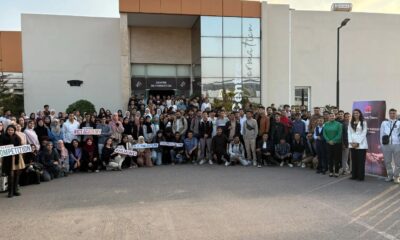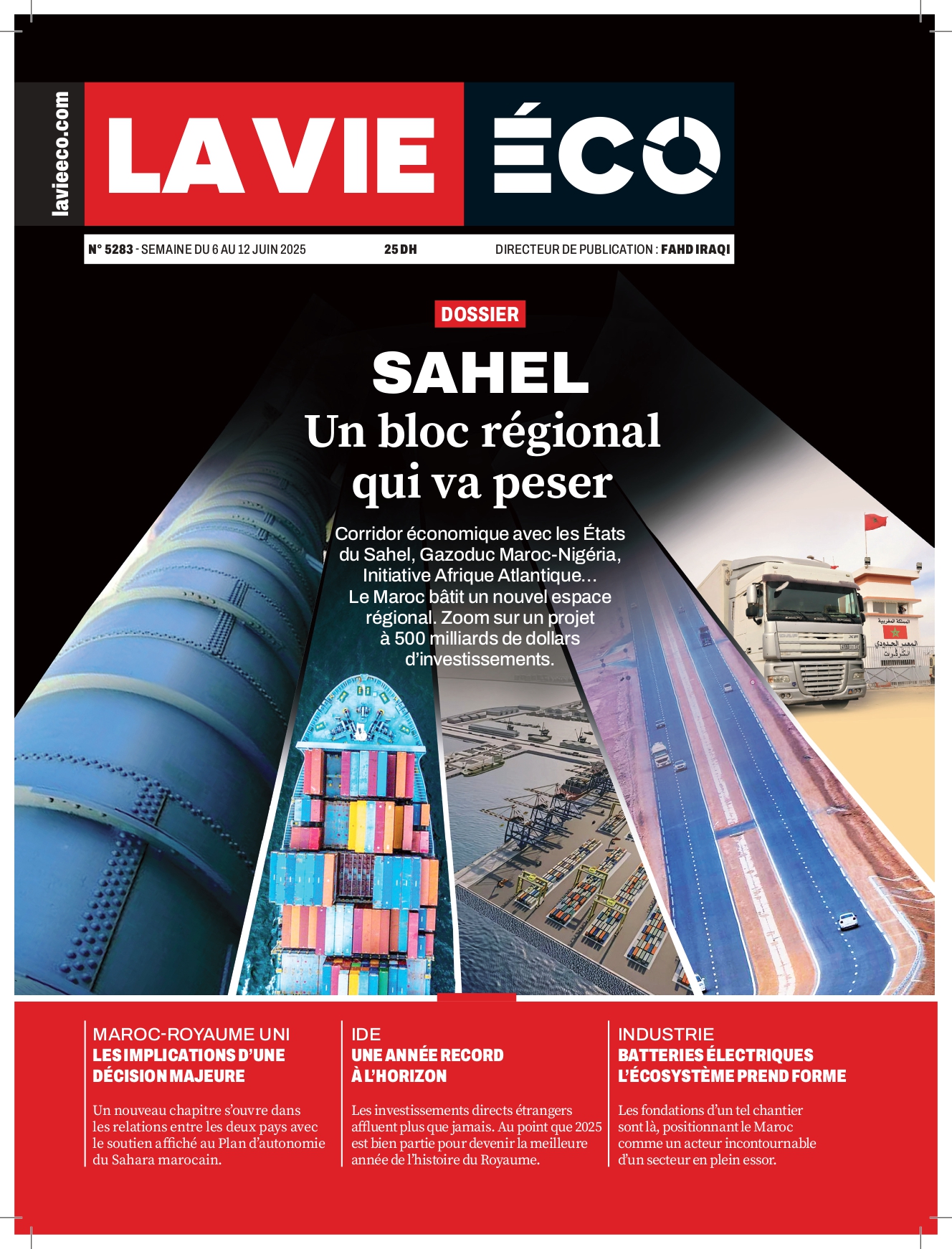Influences
Big Tech Calls for AI Regulation Reform in Europe

Executives from U.S. tech giants Google and Meta expressed significant concerns regarding the European Union’s stringent regulations on artificial intelligence (AI) during the Techarena tech conference in Stockholm, Sweden. They argued that these regulations are stifling innovation and delaying the deployment of AI technologies that could benefit European consumers.
Chris Yiu, Meta’s director of public policy, highlighted that regulations such as the AI Act and GDPR are causing delays and complicating the launch of innovative products in Europe. He noted that the rollout of Meta’s Ray-Ban AI glasses was significantly delayed due to compliance issues with European regulations, with AI features only beginning to roll out in select European markets in November 2023.
Dorothy Chou, head of public policy at DeepMind, pointed out that the AI Act was proposed in April 2021, prior to the launch of OpenAI’s ChatGPT in November 2022. This outdated framework may fail to address the rapid evolution of AI technologies. Executives are advocating for more harmonized and simplified regulatory practices across Europe. Kent Walker, Google’s president of global affairs, described the EU’s current code of practice for general-purpose AI models as a “step in the wrong direction.”
U.S. Vice President JD Vance emphasized that Europe’s heavy focus on regulation undermines the growth potential of AI technologies. Venture capitalists echoed this sentiment, stating that complex regulations are burdensome for European tech startups. Antoine Moyroud from Lightspeed Venture Partners highlighted the ongoing push in the U.S. for substantial investments in AI.
To respond to regulatory burdens, tech entrepreneurs in Europe have proposed creating a “28th regime” to offer a simplified legal framework for startups, promoting easier cross-border collaboration and talent acquisition. This initiative aims to alleviate current challenges faced by European startups in navigating fragmented regulations.
Key figures include the initiation of the AI regulatory framework with the AI Act proposed in April 2021 and the subsequent launch of ChatGPT in November 2022, showcasing the rapid development of AI technology despite existing regulations. Additionally, investments in U.S. initiatives such as the $500 billion Stargate project contrast with the European narrative described as more “dramatic,” indicating a need for fostering an environment that promotes innovation while ensuring responsible use of AI technology within Europe.
Source: CNBC













